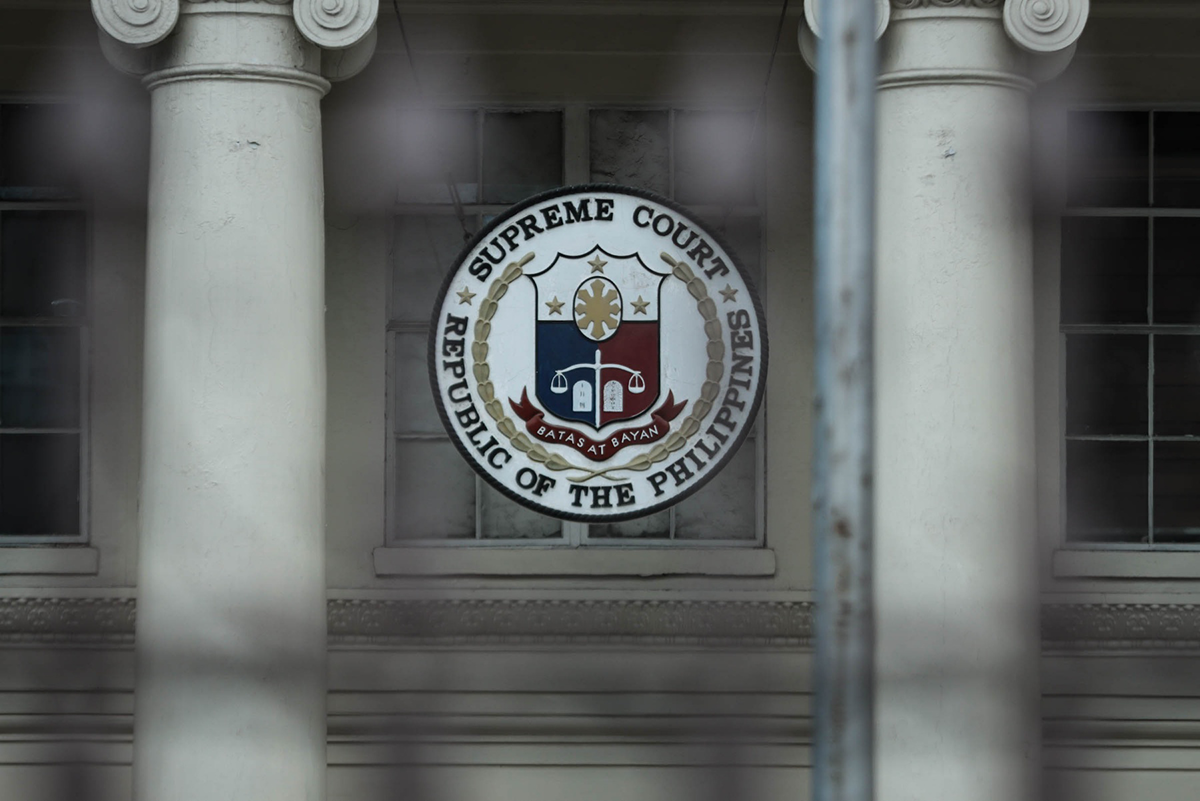The Supreme Court’s Ruling on the Anti-Violence Against Women and Their Children Act
The Supreme Court recently issued a unanimous ruling regarding the application of the Anti-Violence Against Women and Their Children Act of 2004 (Republic Act 9262). This ruling clarifies that the law grants protection to women victims not only from men but also from women, particularly those with whom they are in an intimate relationship.
The case that led to this ruling involved petitioner Roselyn Agacid, a woman who was accused of physically assaulting her partner of four years, who is also a woman. Agacid challenged the charges against her, arguing that the law did not apply to her as a woman. She contended that the law was intended to protect women and their children from the abusive acts of men, not women.
However, the Regional Trial Court of Quezon City denied Agacid’s motion to quash the charges, and the Court of Appeals upheld this decision, finding no grave abuse of discretion on the part of the lower court. The Supreme Court, in a decision written by Senior Associate Justice Marvic Leonen, agreed with the trial court and unanimously ruled that the Anti-VAWC Act applies even if the perpetrator is a woman, as long as the victim is a woman.
The Supreme Court emphasized that the purpose of this social legislation is to empower women who find themselves in vulnerable situations, where they are subjected to abuse by their intimate partners. It acknowledged that gender is a cultural issue and that some women may also internalize patriarchal norms that perpetuate the idea of women being subject to dominance in intimate relationships. However, the court made it clear that regardless of the gender of the perpetrator, a woman being a victim of violence is sufficient to trigger the protection of the law.
In its ruling, the Supreme Court also addressed the procedural aspect of the case. It stated that Agacid had filed the wrong remedy of certiorari in challenging the denial of her motion to quash. Instead, she should have raised the issue through an appeal.
Insights and Commentary
This landmark ruling by the Supreme Court of the Philippines has significant implications for the understanding and enforcement of the Anti-Violence Against Women and Their Children Act. By affirming that the law applies to women victims regardless of the gender of the perpetrator, the court has expanded the scope of protection offered by the legislation.
The court’s decision reflects a progressive interpretation of the law, recognizing that women can also be perpetrators of violence in intimate relationships. This recognition is crucial in addressing the reality that domestic violence can occur in any type of relationship, regardless of gender. By acknowledging this, the court ensures that all victims, regardless of their gender, are entitled to the same level of protection under the law.
Furthermore, the court’s emphasis on empowering women who find themselves in vulnerable situations is a significant step towards addressing the power dynamics that perpetuate violence in intimate relationships. By recognizing that women can also internalize patriarchal norms, the court highlights the need for comprehensive support systems and resources to help victims break free from abusive relationships.
It is important to note that this ruling aligns with the broader international efforts to combat gender-based violence. Many countries have enacted legislation and implemented policies to address domestic violence and protect victims. The Supreme Court’s interpretation of the Anti-VAWC Act demonstrates the Philippines’ commitment to upholding the rights of women and their children, in line with international standards.
Implications for the Legal Landscape
The Supreme Court’s ruling in this case has significant implications for the legal landscape in the Philippines. By clarifying that the Anti-Violence Against Women and Their Children Act applies to women victims regardless of the gender of the perpetrator, the court has set a precedent that will guide future cases involving domestic violence.
This ruling provides a clear message that domestic violence is not limited to a specific gender dynamic. It recognizes the importance of protecting all victims, regardless of their gender, and ensuring that they have access to legal remedies and support services.
The court’s emphasis on empowering women who find themselves in vulnerable situations also highlights the need for comprehensive legal and social support systems. It underscores the importance of providing resources such as shelters, counseling services, and legal aid to assist victims in breaking free from abusive relationships.
Moreover, this ruling serves as a reminder that laws should be interpreted in a manner that reflects the evolving understanding of gender dynamics and the realities of domestic violence. It sets a precedent for future cases and encourages a more inclusive and nuanced approach to addressing gender-based violence within the legal system.
In conclusion, the Supreme Court’s unanimous ruling on the Anti-Violence Against Women and Their Children Act reaffirms the commitment of the Philippines to protect all victims of domestic violence, regardless of their gender. This landmark decision expands the scope of the law’s protection and emphasizes the need to empower women in vulnerable situations. It also sets a precedent for future cases and encourages a more comprehensive and inclusive approach to addressing gender-based violence within the legal system.







